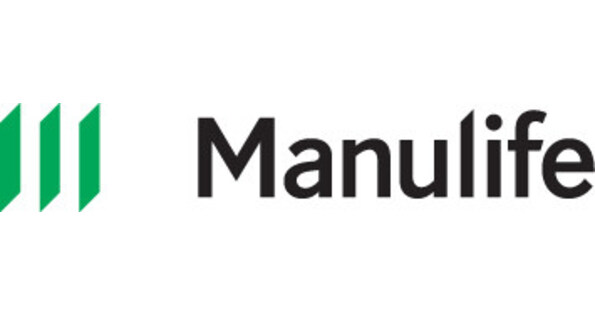How Strong Insurance Results and Buffett’s Exit at Berkshire Hathaway (BRK.A) Have Changed Its Investment Story

-
Berkshire Hathaway reported strong third-quarter results with operating profits up 34% year-over-year, driven by exceptional insurance income and a record cash reserve of over US$381.7 billion.
-
The announcement that Warren Buffett will retire as CEO by year-end, with Greg Abel slated to take over, has shifted investor focus to the company’s succession plans.
-
We’ll explore how the leadership transition and robust insurance performance shape Berkshire Hathaway’s investment narrative going forward.
Uncover the next big thing with financially sound penny stocks that balance risk and reward.
To own Berkshire Hathaway today, you have to believe in the enduring value of its highly diversified portfolio and the organization’s ability to generate cash flows across economic cycles, even as it faces slowing growth, earnings headwinds, and a historic leadership transition. The recent Q3 results, headlined by a 34% jump in operating profits and a record US$381.7 billion in cash reserves, confirm the resilience of its insurance engine, but also highlight why Buffett’s decision to refrain from buybacks despite underperformance versus the S&P 500 is attracting attention. Greg Abel stepping in as CEO marks the most significant catalyst for sentiment, yet with Buffett staying on as Chairman, the immediate operational impact appears contained for now. Nevertheless, continued lack of buybacks, falling profit margins, and modest revenue growth all accentuate the risk that market perceptions may shift if post-Buffett execution or capital allocation falter. In contrast, investor concern lingers about whether Berkshire’s stock could lose its premium once Buffett steps back at year end.
Berkshire Hathaway’s shares have been on the rise but are still potentially undervalued by 37%. Find out what it’s worth.
Twenty-six members of the Simply Wall St Community currently place Berkshire Hathaway’s fair value between US$604,196 and a high of US$1.16 million per share. While opinions vary just as widely as the range suggests, leadership succession and the ongoing earnings slowdown remain front of mind for many market participants weighing future performance. Consider these diverse assessments alongside the company’s evolving strategy as you form your own view.
Explore 26 other fair value estimates on Berkshire Hathaway – why the stock might be worth 17% less than the current price!
Disagree with existing narratives? Create your own in under 3 minutes – extraordinary investment returns rarely come from following the herd.
link




